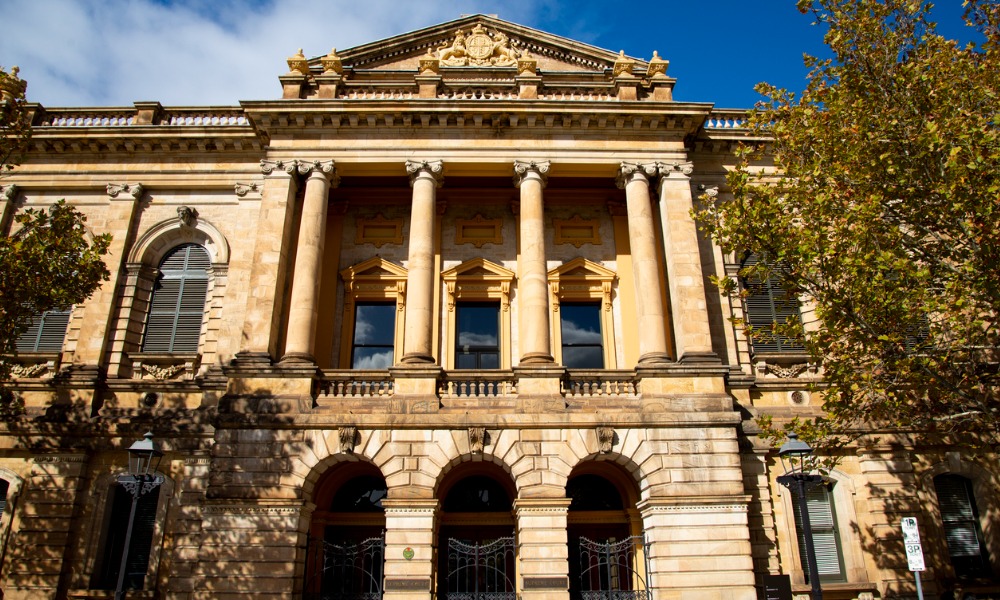
The Aldgate property in dispute was jointly owned by five brothers

The Supreme Court of South Australia has mandated the sale of land jointly owned by five brothers on Old Mount Barker Road, Aldgate, overriding the objections of one brother who has resided there for many years.
The land in question comprises two titles, which were inherited from the brothers' mother, with the larger block transferred to them in 2005 and the smaller one in 2014
The residing brother opposed the sale, citing his long-term residence and unpaid tenure on the property. Issues have arisen between the brothers, including a 2013 back-burning incident that led to significant fire damage and subsequent disputes with the Adelaide Hills Council regarding using the land as a junkyard. The council issued a notice under the Development Act 1993 (SA) in 2014, resulting in considerable expenses for the cleanup.
Additionally, the land hosts a telecommunications tower, generating rental income that has been a source of contention among the brothers. A dispute over the distribution of this income led to court proceedings, which were settled in 2019.
The application for the sale was made under the Law of Property Act 1936 (SA), specifically sections 69 and 70. Section 69 allows the court to order a sale instead of partitioning the land if it deems a sale more beneficial. Section 70 stipulates that the court should direct a sale if parties holding at least a half interest request it unless there is a compelling reason not to.
In this case, four of the five brothers, collectively holding an 80% interest, sought the sale, fulfilling the requirements of section 70. The court's discretion not to order a sale is limited and must be based on substantial reasons.
The respondent argued against the sale, referencing a 2000 "Heads of Agreement" which suggested the land could be subdivided. However, the Supreme Court found that the condition precedent for this agreement—subdivision of the land—had not been met. Legal advice obtained in 2001 indicated that subdivision was unlikely, and no steps were taken to subdivide the land or enforce the agreement.
The court noted that the doctrine of frustration applied, as the inability to subdivide rendered the agreement impracticable. The court ruled that the respondent failed to provide sufficient reason to oppose the sale. Sentimental reasons and claims of unfairness did not constitute a good reason to prevent the sale.
Ultimately, the court’s ruling underscored the court's limited discretion under section 70 and reaffirmed the legal principle that substantial opposition is required to prevent a court-ordered sale when the majority of interest holders request it.